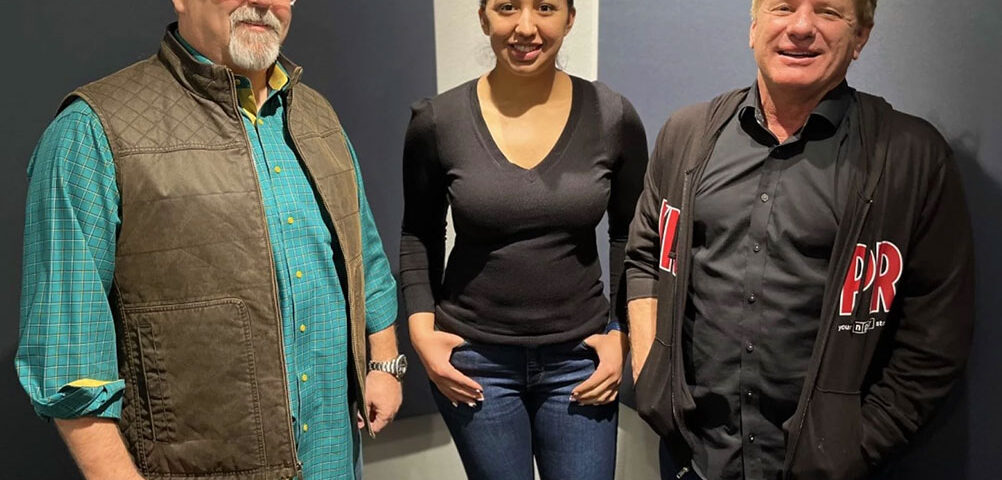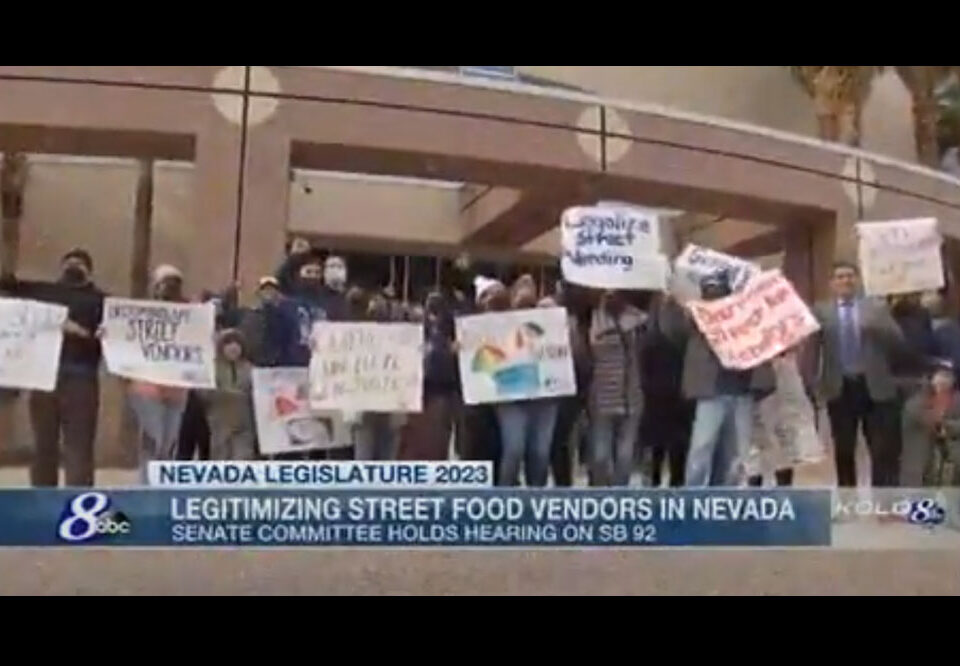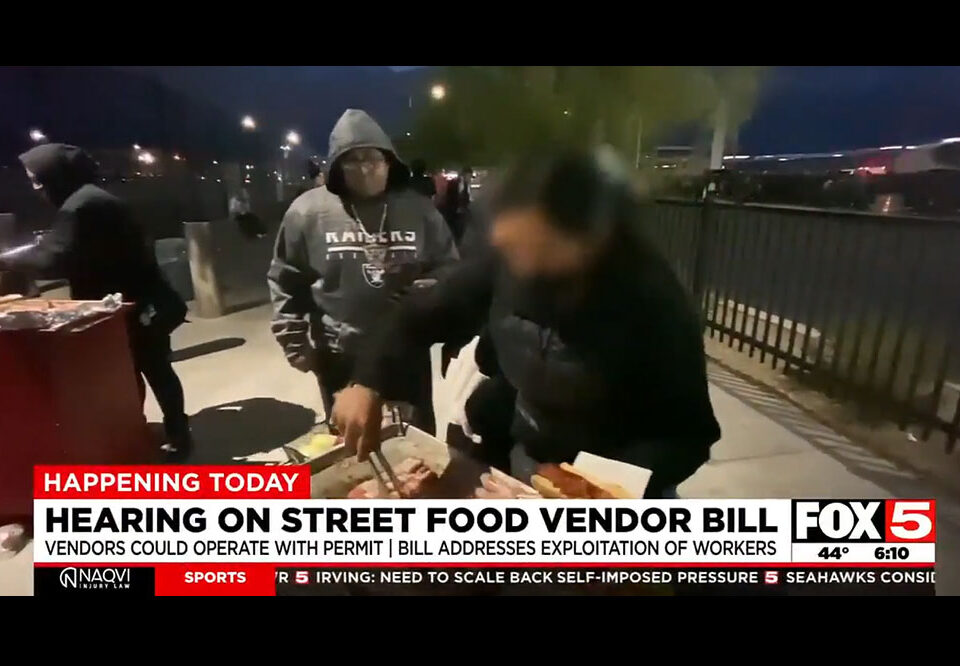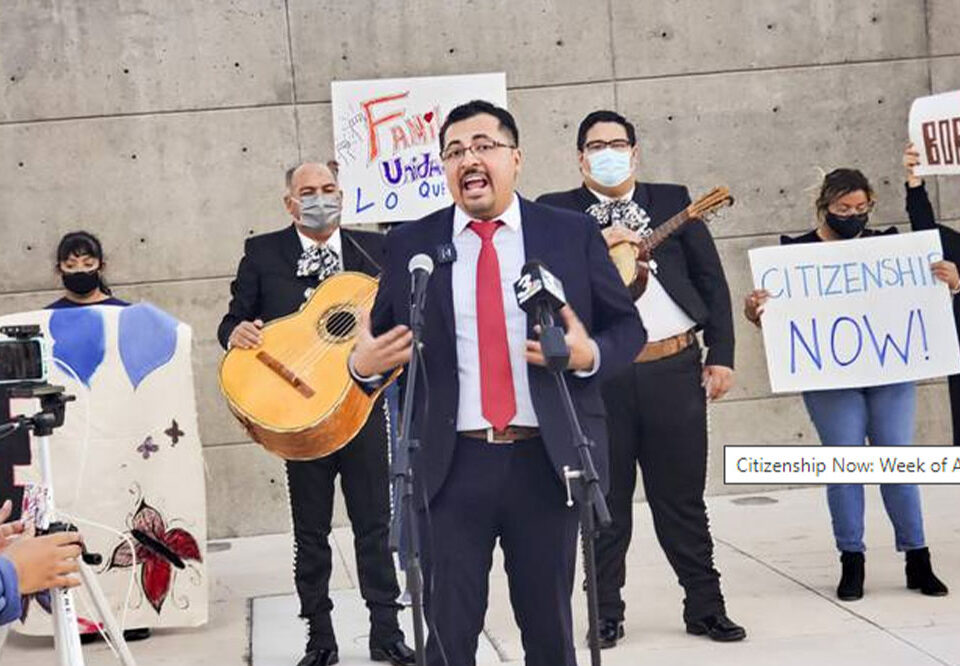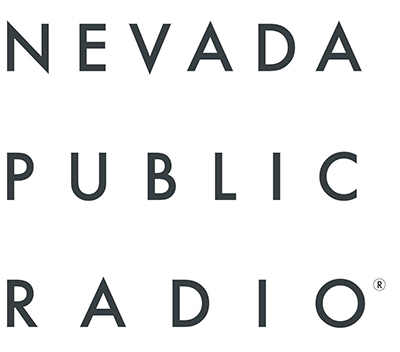
By Paul Boger,
More money for schools and state employees, improved mental health services, suspending the gas tax and eliminating universal mail-in ballots.
Those are just some of the things Republican Governor Joe Lombardo says he wants state lawmakers to approve over the next four months. But the legislature is dominated by Democrats. What will be easy? What won’t? And where will the two sides compromise?
Senator Fabian Doñate, Assemblywomen Selena Torres and Shannon Bilbray-Axelrod were with us, as well as former Republican State Senator Warren Hardy. They joined State of Nevada host Joe Schoenmann for more.
Torres was in Carson City on Monday to hear Gov. Joe Lombardo’s State of the State speech where he announced his agenda. He gave a list of things he wants: more money for schools, eliminate some criminal code changes that Democrats approved just a few years ago, change voting laws to eliminate mailing ballots for all eligible voters, and a lot more.
Education
“It’s really critical to us that that money goes towards public schools, and that we’re making those investments toward public schools and ensuring that all students have access to high quality education, regardless of where they live,” she said.
Torres is also an educator, and said “the reality is our teachers deserve better, our students deserve better, our community deserves better,” so education funding is critical.
Opportunity scholarships is a needs-based grant program that gives families up to $8,400 to transfer to private school, however private schools in Southern Nevada average $11,000 for tuition. Lombardo’s goal is to expand school choice, which advocates say would funnel public funding into private funding.
“I think that that investment is better made into our public education system,” Torres said.
Hardy said education has been underfunded in the state as long as he’s been involved in the legislature, where he started in 1991.
“We need to get it properly funded, and then have the policy discussions,” he said. “And I think we really have those policy discussions simultaneously. And I think that’s what the governor alluded to, let’s take some steps towards fixing the underfunding problem. But at the same time, let’s talk about the policy.”
Bilbray-Axelrod is the chair of the Education Committee in the Assembly and said opportunity scholarships are a double-edged sword.
“I’ve talked to many constituents whose kids have used them. However, I don’t believe that that is the role of the state to be providing opportunity scholarships,” she said.
“The funding formula, as it stands, works just the way it’s supposed to work, which is as revenue increases, so does the funding formula per pupil,” Doñate said. “And we know that right now, the highest wait for that funding formula is our ELL students, students who are English language learners, or who speak another language prior to enrolling into their schools.”
Elections
The governor said during his speech that it costs, in the next biennium, $7 million to create ballots to send out to all eligible voters. At the same time, about 50% of all votes in Nevada in November came through the mail.
Torres said expanding mail-in ballots made it easier and more convenient for Nevadans to vote, and that it’s critical to make voting accessible. Doñate used his father as an example, noting how much easier it was for him to vote with a mail-in ballot.
In 2020, former President Donald Trump said mail-in ballots were ripe for fraud, but no widespread fraud occurred.
“Reasonable and responsible folks look at the Big Lie and identify exactly what it is: A Big Lie,” said Hardy. “I agree with my Democratic colleagues here that access, anything we can do to make it easier to vote, is positive.”
Healthcare
Doñate was selected chair of the Nevada Hispanic Legislative Caucus earlier last year, a group growing in power as the Latino population grows in Southern Nevada. About 30% of Nevada residents are Latino.
He said soon, they’ll be announcing their priorities for the upcoming session: increasing healthcare access, promoting education equity and expanding on language access throughout state government systems. They’re also eyeing housing legislation, which has affected many families in Nevada since the pandemic.
There are some things the legislature can do to improve health funding. Bilbray-Axelrod said they can increase funding for social workers on campus and public-private partnerships with wrap-around service organizations.
Hardy said Lombardo’s focus on mental health was “encouraging.”
“I think this is probably informed by his time as sheriff, and understanding what the challenges are on the street, regarding mental health,” he said. “The legislature really needs to look at Medicaid reimbursement rates to get to the services that are needed for Nevadans.”
He also acknowledged the work of the UNLV Kerkorian School of Medicine, and how more philanthropists can help expand medical education programs.
“I can tell you that the philanthropists and the folks I’m dealing with, their focus is mental health, they would like to see that whole facility be mental health. It doesn’t entirely pencil out that way, which is where we need the help from the state to make some statutory changes and do some things that will allow that to happen,” he said.
Torres noted former Gov. Steve Sisolak and the Interim Finance Committee were able to fund mental health services at Las Vegas City Jail using American Rescue Plan funds.
“I just want to lay out the critical role that Democrats played in making sure that we advocated for this and we pushed for this early on,” she said.
High cost of gasoline
Stephanie from Las Vegas called into the show on Friday morning, wondering if Lombardo’s proposed gas tax holiday would create any significant savings for the average family. “But it will be a significant loss of revenue for the state,” she said.
“We’re gonna do a one year holiday, it’s going to cost X number of dollars out of the state budget, he’s going to backfill that with the surplus,” Hardy said. “So we’re not going to lose the money out of existing programs, we’re not going to add to this specifically the state transportation fund, we’re not going to lose the dollars for much needed construction projects, because he’s going to backfill it in one shot. If it was an ongoing permanent cut in the gas tax, we would have the problem that Stephanie’s talking about.”
Torres said she’s not sure if a gas tax is the best use of funds.
“Really we have to make sure that that funding is going towards the hard working class people of Nevada and not to wealthy corporations,” she said. “I’m just not confident that this will necessarily go to the people of Nevada.”
Housing
“I know that this is a robust conversation that we’re going to be having, how do we make homes more affordable in Nevada?” Torres said.
Bilbray-Axelrod is moving forward on a housing bill this session that she developed with Nevada HAND.
“These are families who deserve to live in a safe neighborhood who deserve to go to a safe school. So I think this conversation is going to be extremely robust,” she said. “I was quite disappointed that it wasn’t discussed [in Lombardo’s speech].”
She continued, “I’m curious to see what happens in the Revenue Committee in particular, I think, you know, when they made this big announcement with Tesla, and the infrastructure, what sort of abatements are going to be included in that? So I think that that’s going to be a big issue. I also am curious to see where the additional money that is going to a fund … the rainy day fund, who has access to that and what they plan to do with it. So I think that the devil is going to be in the details in this budget a lot.”
The 82nd Session of the Nevada Legislature will begin on Feb. 6, and end on June 5.

